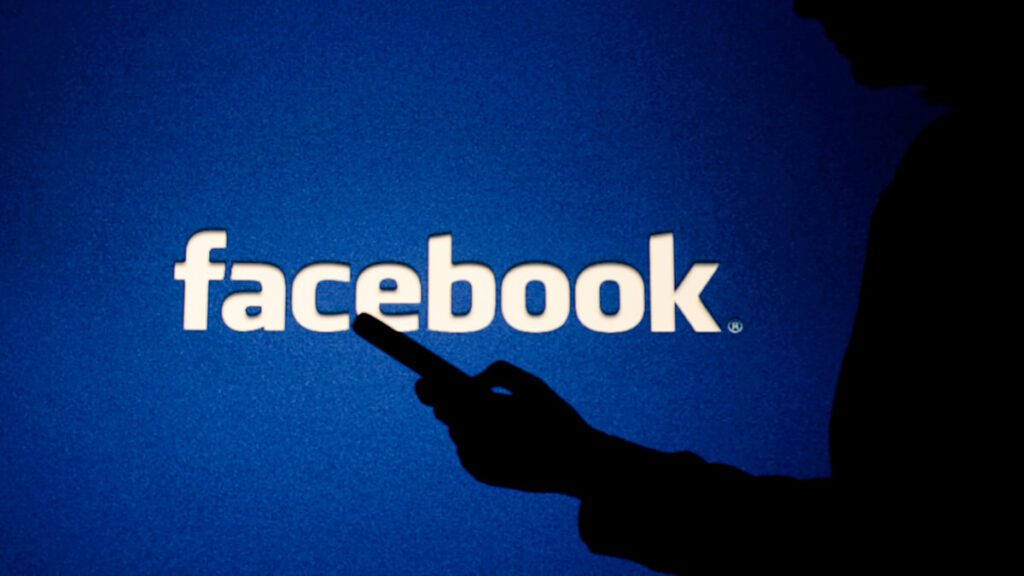
After The Wall Street Journal (WSJ) published a sweeping report regarding Instagram’s harmful impact on teenage girls, Instagram’s parent company Facebook is finally speaking up nearly two weeks later.
Pratiti Raychoudhury, Vice President and Head of Research at Facebook posted on Facebook’s Newsroom statements clearing out misconceptions, describing WSJ’s portrayal of their internal research as “not accurate,” noting that WSJ journalists poorly interpreted the data.
The WSJ published on September 14 multiple exposes under the name “The Facebook Files,” based on internal Facebook documents that got leaked to the press. The series emphasized Instagram’s negative effect on teenagers, with a focus on teenage girls. The WSJ pointed the finger at Facebook for acknowledging its harm but only doing “minimal efforts to address these issues” and toning down the truth to the public.
Raychoudhury completely neglected addressing multiple issues talked about in WSJ’s series, including that Instagram is found to be addictive to most users. Instead, the VP and head of research highlighted that the internal study had just 40 participants. Given that Instagram has over 1 billion users, the participant sample is described as “insufficient.” The study was “designed to inform internal conversations about teens’ most negative perceptions of Instagram,” according Raychoudhury.
While most of WSJ’s claim went unaddressed, Raychoudhury did explain that the body image problem discussed by WSJ was just one of 12 hypothetical issues that Instagram could potentially worsen for teenage girls.
“Body image was the only area where teen girls who reported struggling with the issue said Instagram made it worse as compared to the other 11 areas,” Raychoudhury wrote.
While Facebook remained largely silent after the accusations began spreading, Facebook’s global head of safety, Antigone Davis, is expected to speak on the matter before the Senate Commerce Subcommittee on Thursday.